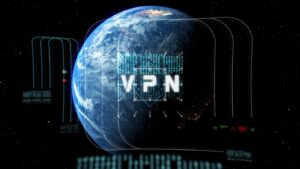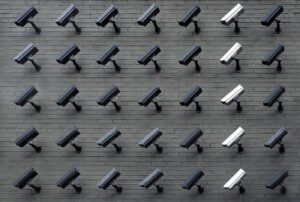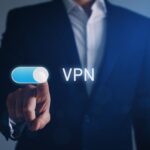When you connect to a VPN, your traffic is encrypted and routed through a VPN server. This makes it difficult for your ISP to see what you are doing online. However, your ISP can still see that you are connecting to a VPN server.
In this article, we will explore what VPN traffic looks like to the ISPs when you are using a VPN. We will also discuss how a VPN can help you protect your privacy online.
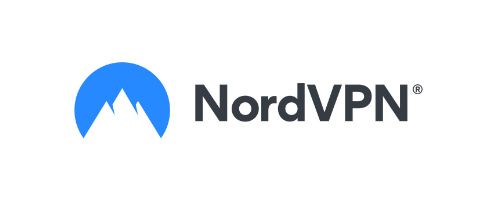
NordVPN Special Deal
Get VPN protection from NordVPN, one of the most reliable VPN companies in the world, for just $3.99/month!
✅ Possibly, the best Double VPN implementation.
✅ Over 5000 servers in 60 countries.
✅ VPN split tunneling support.
What’s visible to ISPs when you use a VPN?
Your ISP (Internet Service Provider) can see almost everything you do online. They can track which websites you visit, what you download, and even your browsing history.
They can’t see what you are doing when you use a virtual private network. A VPN encrypts your internet traffic and routes it through a server in a different location. This makes it difficult for your ISP to track your activity.
If you’re connected to a VPN, your ISP can still detect it. They can see your VPN connection, but they can’t see what you are doing once you’re connected. That’s because your traffic is cyphered automatically when your VPN is active.
VPN Connection
ISPs can detect VPN connections in one of two ways. First, they can look at the IP address that your traffic is coming from. If it’s the same IP address as the VPN server, they know you are connected to a VPN.
There isn’t much an ISP can do with this information, however. They can’t see what you’re doing online or where you’re going.

Special offer for our readers – 3 Months Free!
Get the best rated VPN service in the world with a special offer just for the readers of PrivacyTutor!
The IP address of your VPN server
When you connect to a VPN server, your real IP address is hidden from the outside world. All they can see is the IP address of the VPN server. The ISP can detect the IP address of your VPN, but they do not know what the connection is used for. This is because the data is being transmitted through a secure method. This means that your ISP can only see that you are connected to a VPN server and nothing else.
The type of VPN protocol
The ISP can also detect the type of VPN protocol you are using. This is because each protocol uses different encryption methods.
The most common protocols are PPTP, L2TP/IPSec, and OpenVPN.
ISPs can detect each of these protocols, and they know that you are using a VPN. However, they cannot see what you’re doing once you’re connected. This is because all incoming and outgoing data passed through the VPN server is encoded.

Special VPN Deal
Get VPN protection from NordVPN, one of the most reliable VPN companies in the world, for just $3.99/month!
Connection timestamps
Another way that ISPs can detect VPN use is by looking at the connection timestamps. When you connect to a VPN server, there is a small amount of data (known as a handshake) that is sent between your computer and the VPN server. This handshake is not encrypted.
The ISP can see the connection timestamp, and they know that you are using a VPN. However, they cannot see what you’re doing once you’re connected. All data passing through the server is secure.
Bandwidth usage
An ISP can see the amount of bandwidth that is used, even when connected to a VPN. However, they cannot see what sort of data is being used. This means that whether you are playing games, downloading files, or streaming media, your ISP will not be able to track it.
Encrypted data
When you use a VPN, your internet service provider (ISP) can see the encoded data that moves between you and the VPN server, but they cannot get any details about it. This is because it can only be read by a person who has the key to decode it.
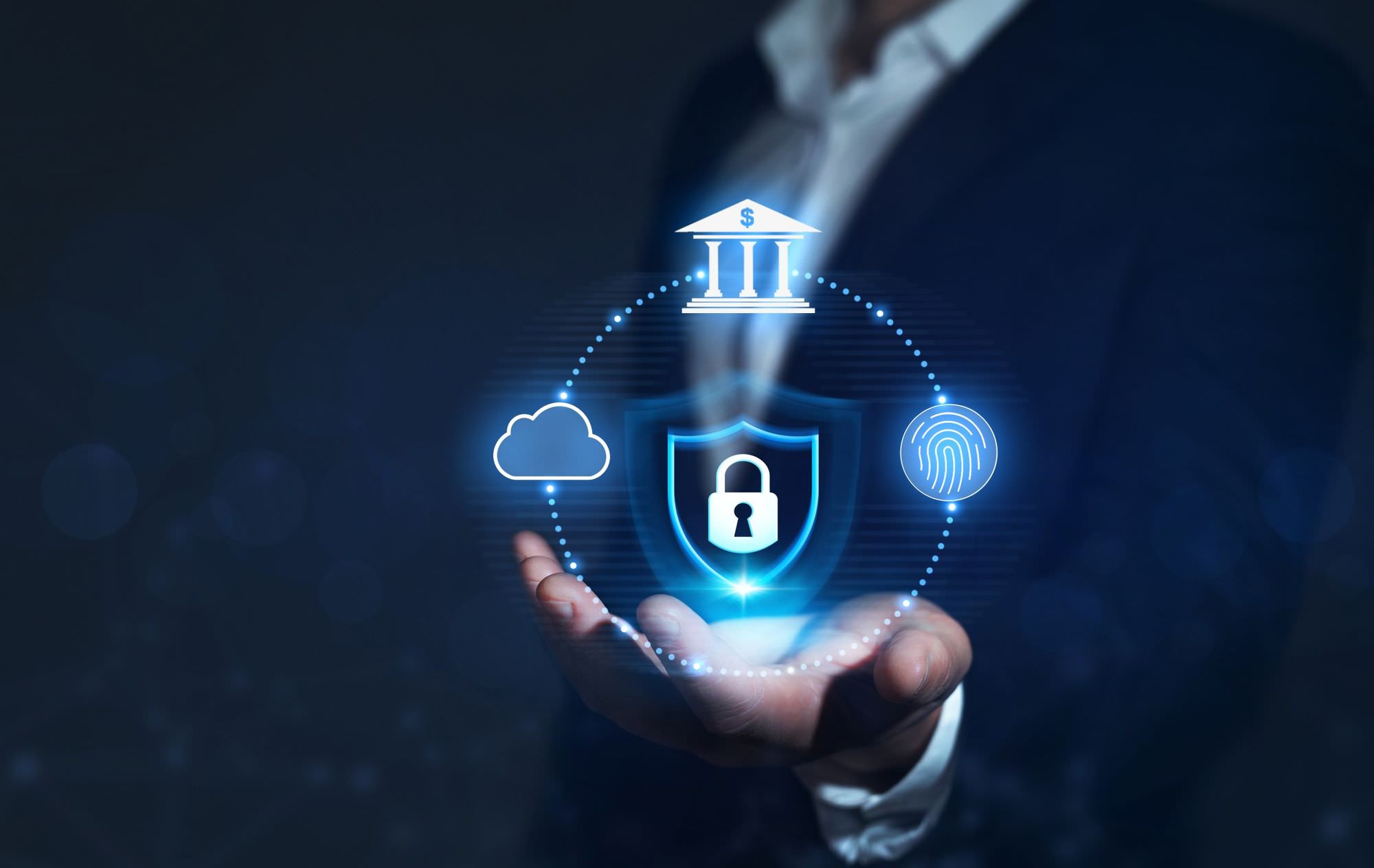
What does encrypted VPN traffic look like?
When you hear the term “encrypted traffic,” you might think of the military or government using 256-bit encryption to communicate securely. However, cyphered traffic can refer to any data that has been encoded so that only authorized users can read it. This includes everything from the simple encryption of a password to the more complex process of securing credit card information.
Encrypted traffic usually appears as gibberish to anyone who tries to intercept it. That’s because the data is encoded using a mathematical algorithm, which makes it very difficult to decode without the proper key. The strength of the encryption is usually determined by the length of the key used; longer keys are more difficult to crack.
While most encrypted traffic is perfectly safe, there have been some instances where criminals have managed to break through weak encryption schemes.
What is a packet sniffer?
A packet sniffer is a piece of software that allows you to see all the data being sent over a network. This includes everything from emails and web traffic to file transfers and chat messages.
Packet sniffers can be used for good or evil. On the one hand, they can be used by network administrators to monitor and troubleshoot their networks. On the other hand, they can be used by hackers to steal sensitive information like passwords and credit card numbers.
Wireshark is one of the most popular packet sniffers available. It runs on Windows, macOS, Linux, and other platforms. You can use it to capture live data from your computer or another machine on your network.
However, even with a packet sniffer, your ISP can only see the secured data that moves between you and the VPN server. They cannot get any details about it because the data is encrypted. This is why using a VPN is a good way to protect your privacy.

Special VPN Deal
Get VPN protection from NordVPN, one of the most reliable VPN companies in the world, for just $3.99/month!
What can your ISP see when you don’t use a VPN?
When you connect to the internet without a VPN, your ISP can see everything you do. They can see which websites you visit, how long you spend on them, and what kind of files you download. If you’re using a public Wi-Fi network, they can even see what kind of device you’re using and your approximate location. All of this information can be used to sell ads or target you with specific content.
However, some people argue that you should not be worried about ISP spying because they are not interested in your data. They just want to sell ads. But even if that is true, it is still possible for ISP employees to access your data if it suits them. And there have been cases of ISPs selling user data to the highest bidder without the user’s consent.
Furthermore, recently, there has been a rise in government requests for user data from ISPs. This means that even if your ISP is not interested in your data, the government might be.

Special offer for our readers – 3 Months Free!
Get the best rated VPN service in the world with a special offer just for the readers of PrivacyTutor!
Are there any tools that can decrypt VPN traffic?
As I mentioned above, one way to monitor network traffic is to use a packet sniffer, for example, Wireshark. But as Paulo Chiquito from IBM puts it about Wireshark:
It is the ultimate tool to look under the hood of the network engine. Well, except if you have an engine that is locked.
Based on his example, one would need to be able to retrieve the encryption keys to do that or to steal the key somehow. Government spy agencies prefer the latter. However, it’s a known fact that NSA was able to crack the encryption protecting a large amount of internet traffic, including VPNs.
Can Wireshark show VPN Traffic?
If you wonder whether Wireshark can see VPN traffic, the answer is yes – but it will only appear as gibberish. This is because VPNs encrypt your data to protect your privacy, and Wireshark can only read unencrypted data.
Encryption is a process of transforming readable data into an unreadable format. This is done using a mathematical algorithm which creates a unique key that both the sender and receiver know. The VPN uses this key to encode your data before it leaves your device, and then decrypts it when it arrives at its destination.
Can my ISP see what files I download over VPN?
When you connect to a VPN, all of your internet traffic is routed through an encrypted tunnel. This means that your ISP can’t see what files you’re downloading or what websites you’re visiting. Your VPN provider may be able to see your traffic, but it’s hidden from your ISP.

Special VPN Deal
Get VPN protection from NordVPN, one of the most reliable VPN companies in the world, for just $3.99/month!
Does a VPN hide the data from my ISP?
Most VPNs, even the free ones, will hide your data from your ISP, but there are some exceptions. Some ISPs may be able to see that you’re using a VPN and throttle your connection speeds as a result. However, this is rare, and most VPNs will keep your data hidden from your ISP regardless.
Will VPNs ever be banned?
As the world becomes more digital, countries are finding ways to exert control over the internet. One way is by banning the use of VPNs, which allow users to browse the web anonymously.
Some countries have already banned VPNs, and it’s likely that more will follow suit. The reason is simple: VPNs give users a way to bypass government restrictions and censorship.
If more countries ban VPNs, it’ll be harder for people to access the internet freely. This could lead to more government control and surveillance, which is why many people use VPNs in the first place.
It’s still possible to use a VPN if it’s legal in your country, but it may become more difficult as time goes on.
What Happens If Your ISP Blocks the VPN Server’s IP Address?
If your ISP blocks the VPN server’s IP address, you will not be able to connect to the VPN. This can happen if the VPN server is using a static IP address that has been blacklisted by the ISP. If this is the case, you can try using a different IP address or a rotating IP address feature that constantly changes the IP. By doing this, you can avoid having your IP address blacklisted.
If the ISP is blocking port 80, you can also use a different port, such as 443 or 22. You will need to contact your VPN provider to find out which ports they have available.
Another thing you could do is to try connecting to a different VPN server or location. This allows you to experiment to see if the problem is with the server or location you are trying to connect to.
If all of these fail, you may need to try a different VPN provider and see if they have servers that are not blocked by your ISP.
Conclusion
In conclusion, when you are using a VPN, your traffic will be encrypted and appear as though it is coming from the VPN server rather than your device. This means that your ISP will not be able to see what you are doing online or where you are doing it from. While this can provide some privacy and security benefits, it is important to remember that your ISP may still be able to see that you are using a VPN.

The Best VPN Deal You Can Find Anywhere!
Get a VPN that lets you use an unlimited number of devices, offers amazing security features and has an unbeatable offer!
82% off + 2 Months Free
- Unlimited Devices
- Ad & malware blocker
- Cookie pop-up blocker
- Two-Factor Authentication
- 24/7 support
- $2.49/Month!



